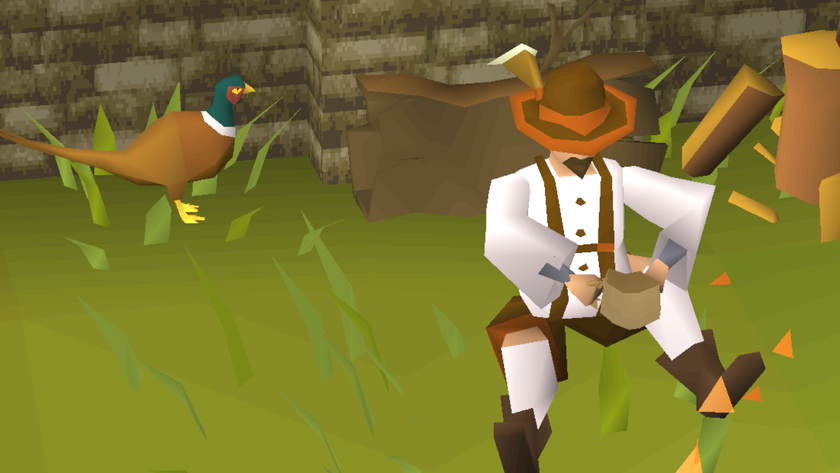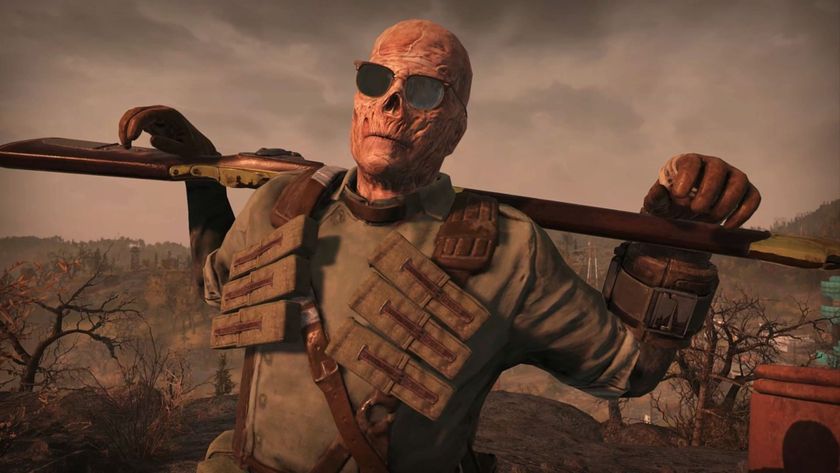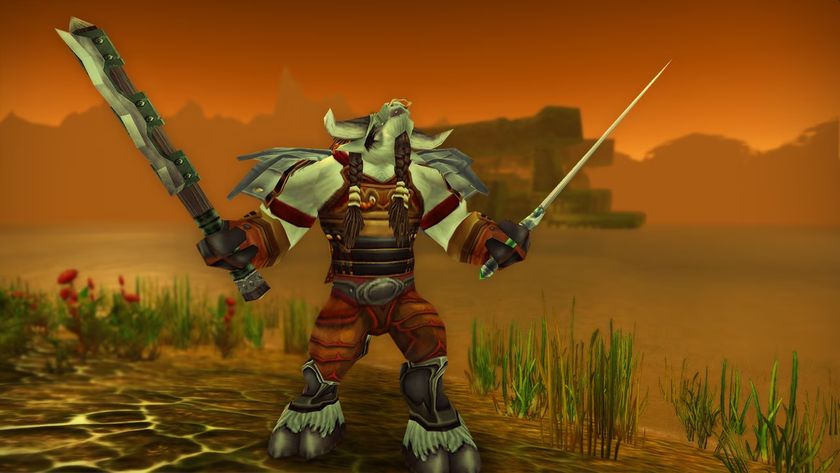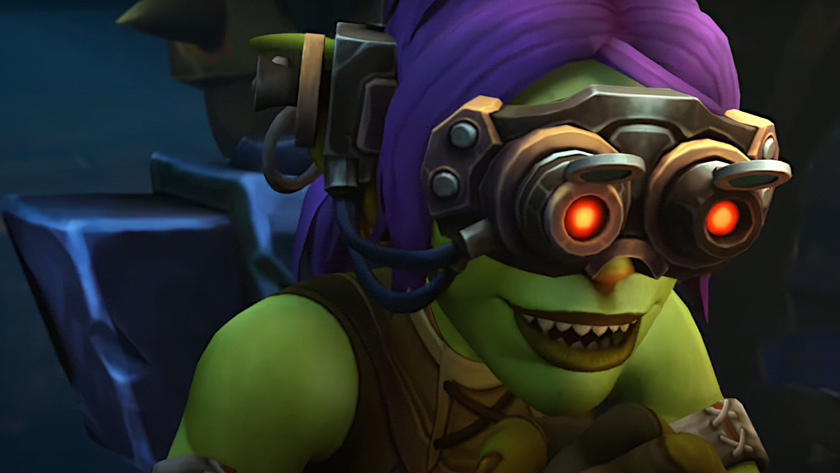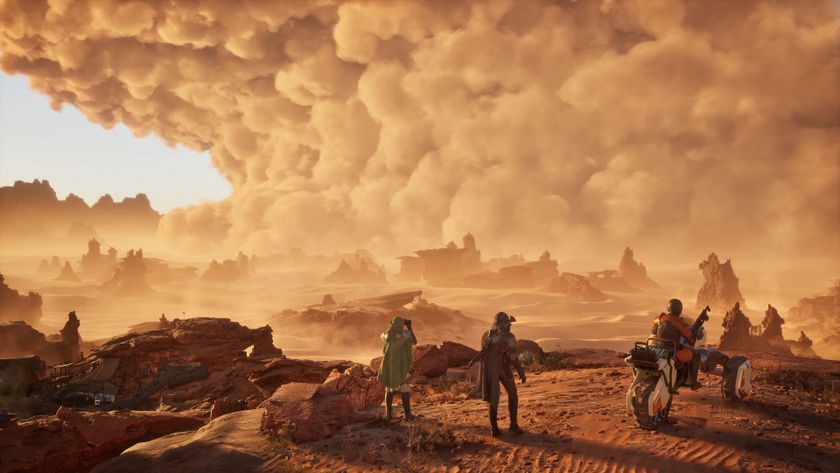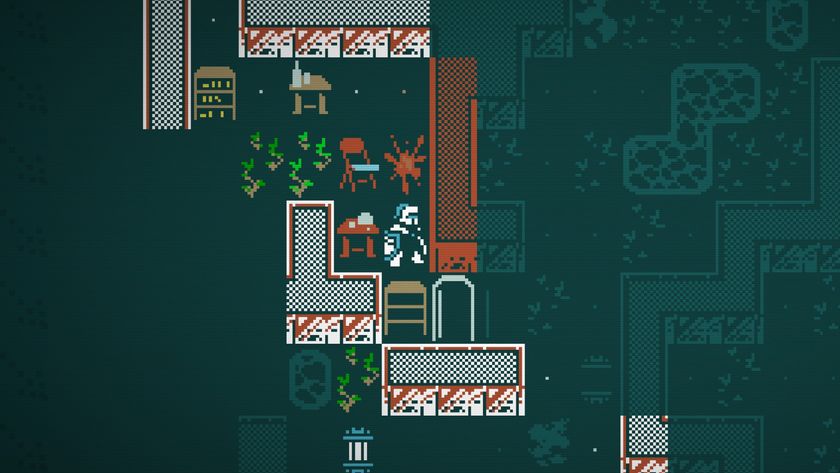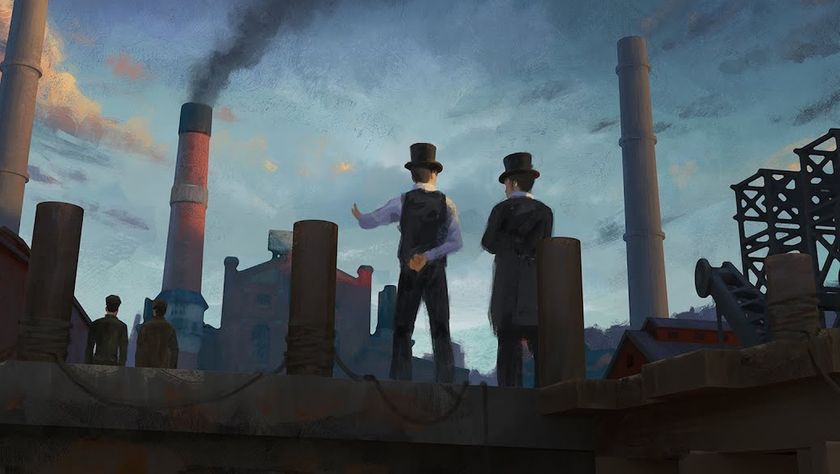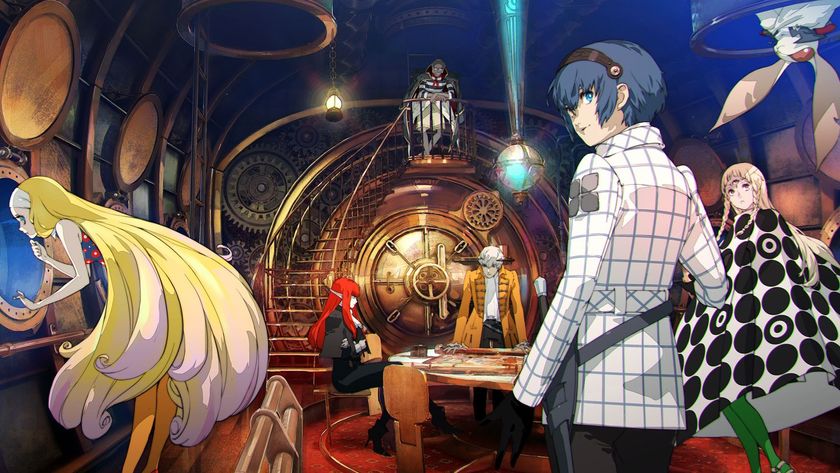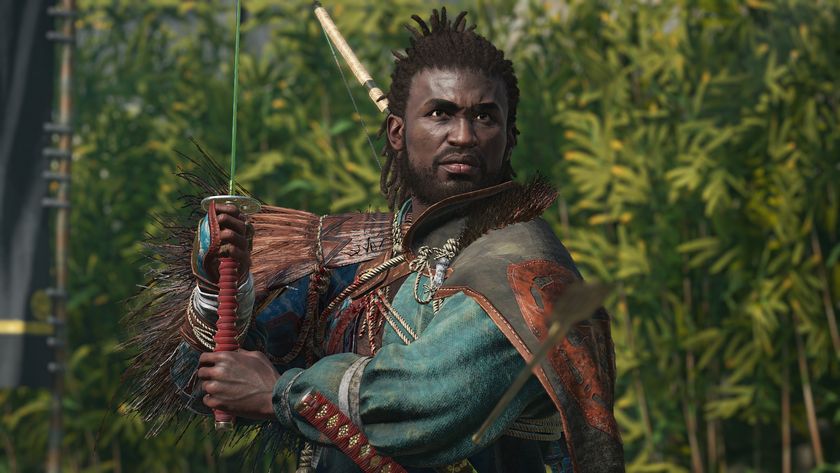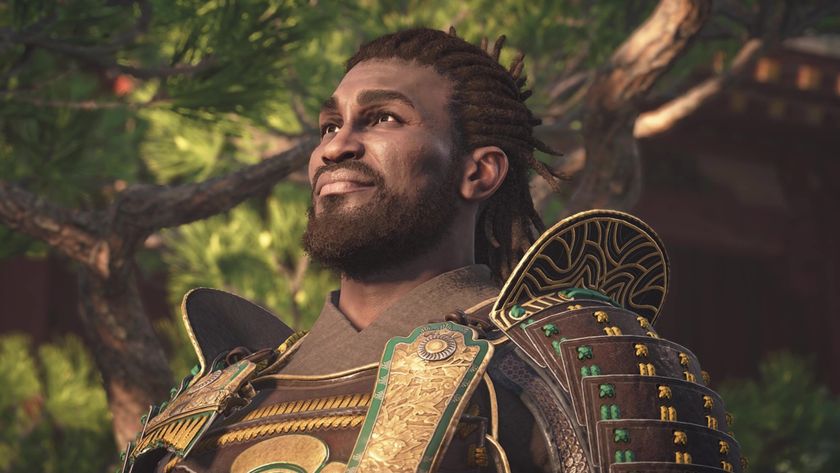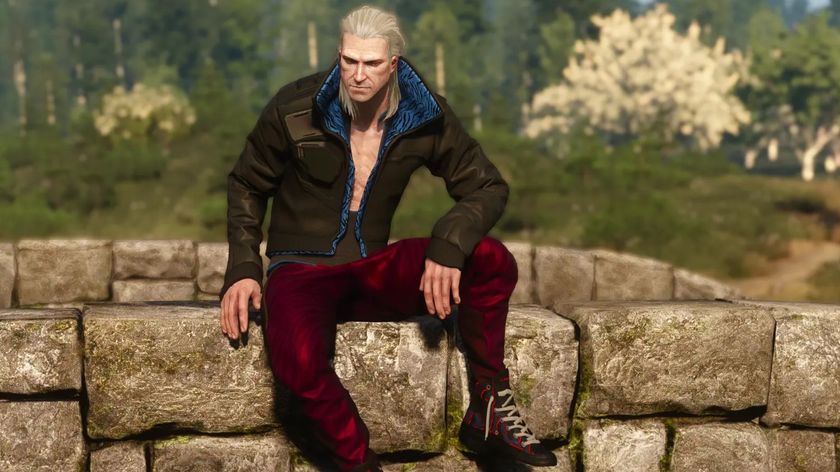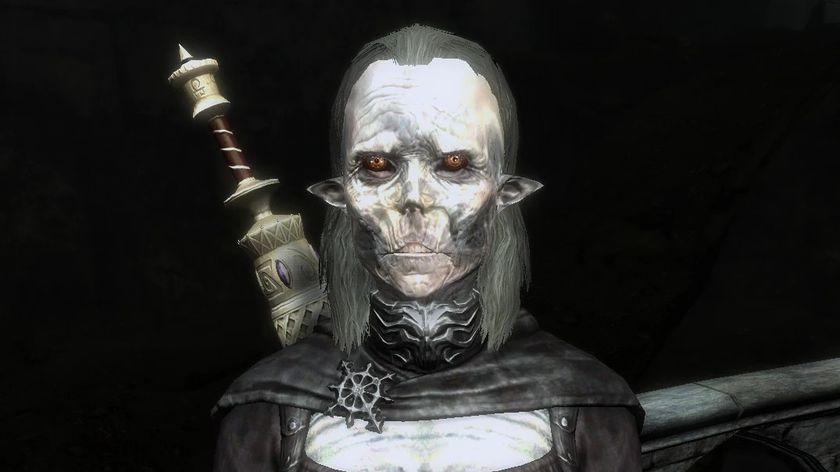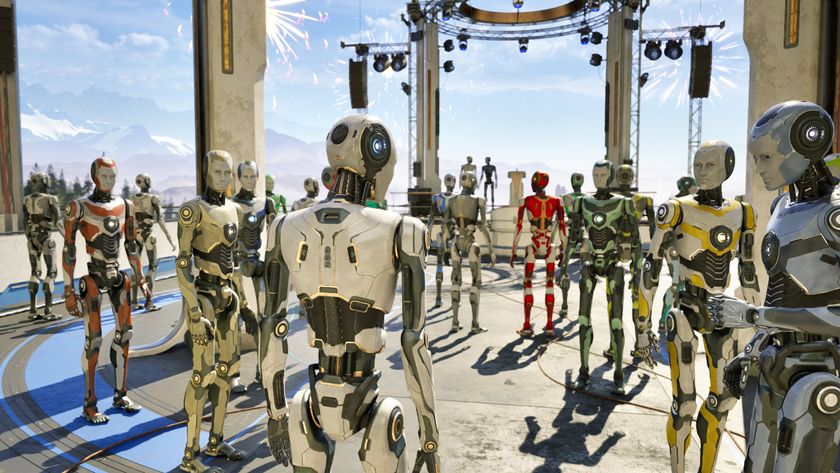Dean Hall criticizes Ark's price increase as "****ing OUTRAGEOUS"
The developer says he's a huge fan of the dino survival game, but that it's "nowhere near ready" for a $60 price tag.
Just so we're clear on my opinion: the price increase for Ark is ****ing OUTRAGEOUS.July 6, 2017
Ark: The game is nowhere near ready for that kind of price. It's greed - pure and simple. It represents a huge disconnect with the communityJuly 6, 2017
Former DayZ developer Dean Hall published a series of tweets about the price increase of Ark: Survival evolved, which jumped from $30 to $60 a month before its planned departure from Early Access in August. In his tweets, Hall called Ark's price change "****ing OUTRAGEOUS" (asterisks his) and attributed it to "greed - pure and simple."
"We should be encouraging games to stay in Early Access until they are finished."
—Dean Hall
Hall counts himself a "huge fan" of Studio Wildcard's game. "I absolutely think the game would be worth it when it reaches a stable state," he said in another tweet. "Emphasis on the last few words!" In other replies on Twitter, Hall said that Ark is "nowhere near close" to being finished, calling the dinosaur survival game "very buggy."
I'm a huge fan of the game, but this is just too far and sets a terrible precedent. If you want to charge an AAA price, have an AAA stateJuly 6, 2017
DayZ, which Hall began developing in 2012, entered Steam Early Access in December of 2013, and four years later it is now preparing to enter beta. Hall left Bohemia Interactive in 2014 to found a new game studio, RocketWerkz.
We asked Hall via email what Ark needs to do to justify its $60 price, what effect Studio Wildcard's decision to release paid DLC had, and how developers determine the appropriate price when they're transitioning from Early Access to a full release.
PC Gamer: As a fan of the game, what does Ark need to do to justify that $60 price point?
Dean Hall: I put a pretty high expectation on a "AAA" price. Many focus obsessively on how long a game is in early access but I would far rather a game take as long as it needs in Early Access to be bug free rather than a rushed development and then a rushed price increase. I believe Ark, like DayZ or any other Early Access game, should remain in Early Access until it achieves the expected performance and bug standards of it's price.
I play the game exclusively on permadeath so the bugs killing you are just so much harsher for me!
The biggest gaming news, reviews and hardware deals
Keep up to date with the most important stories and the best deals, as picked by the PC Gamer team.
How does Wildcard's decision to release a paid expansion in 2016 change this price increase?
I think that DLC split the community which is the main reason I wasn't a fan of it. I had many friends who would play Ark with us, but not into it enough to buy the DLC. It's always a risk with DLC in a multiplayer title. As I say below, I think that decision is symptomatic of how successful they are and that those making the pricing decisions don't care about the state of the game.
How does a developer determine what's the appropriate price increase when they're transitioning from Early Access to a full release?
As Garry Newman pointed out in a tweet to me: they're doing something right! Ark has been incredibly successful and this decision will not undermine that in the least. So you could argue they can set whatever price they want. But as a consumer myself, I think it's symptomatic that those making the price decisions don't care about the state of the game and just want to get into boxed retail as quickly as possible.
So, it's not so much the price that worries me. But those making the pricing decisions seem so disconnected from the development. It seems to me, that the release of Early Access is fairly arbitrary and being driven around the desire to have boxed sets on shelves—rather than actually having a relatively bug-free and balanced game.
Anything else you'd like to add?
There is a general obsession with gamers about how long a game is in Early Access. We should be encouraging games to stay in Early Access until they are finished, not accepting games leaving Early Access because the developer wants to put retail boxes on shelves. The standard that I hold a game up to is not how long it took to get to the finish line, but where the finish line was drawn and how much it charged to get there.

Chris started playing PC games in the 1980s, started writing about them in the early 2000s, and (finally) started getting paid to write about them in the late 2000s. Following a few years as a regular freelancer, PC Gamer hired him in 2014, probably so he'd stop emailing them asking for more work. Chris has a love-hate relationship with survival games and an unhealthy fascination with the inner lives of NPCs. He's also a fan of offbeat simulation games, mods, and ignoring storylines in RPGs so he can make up his own.
